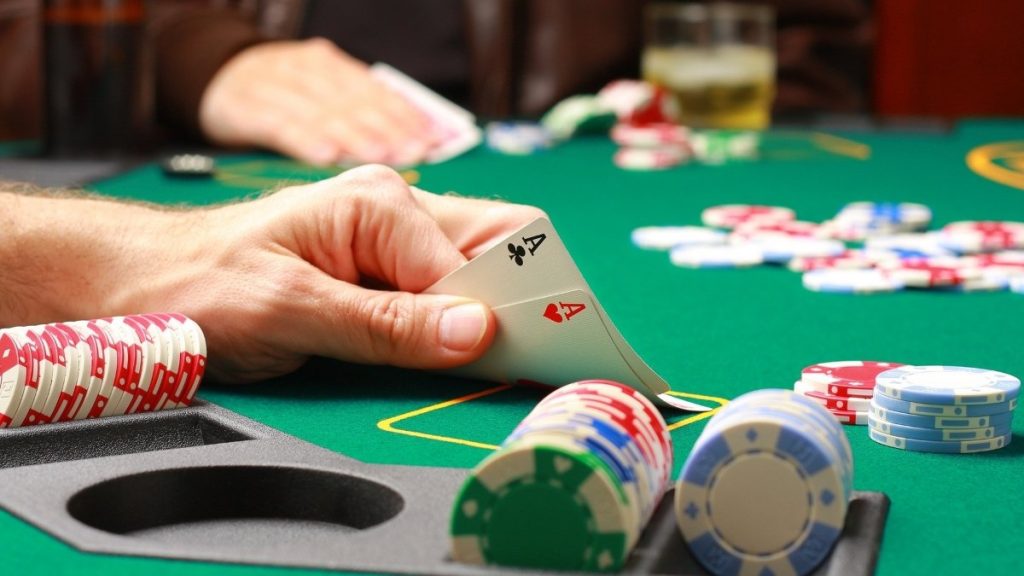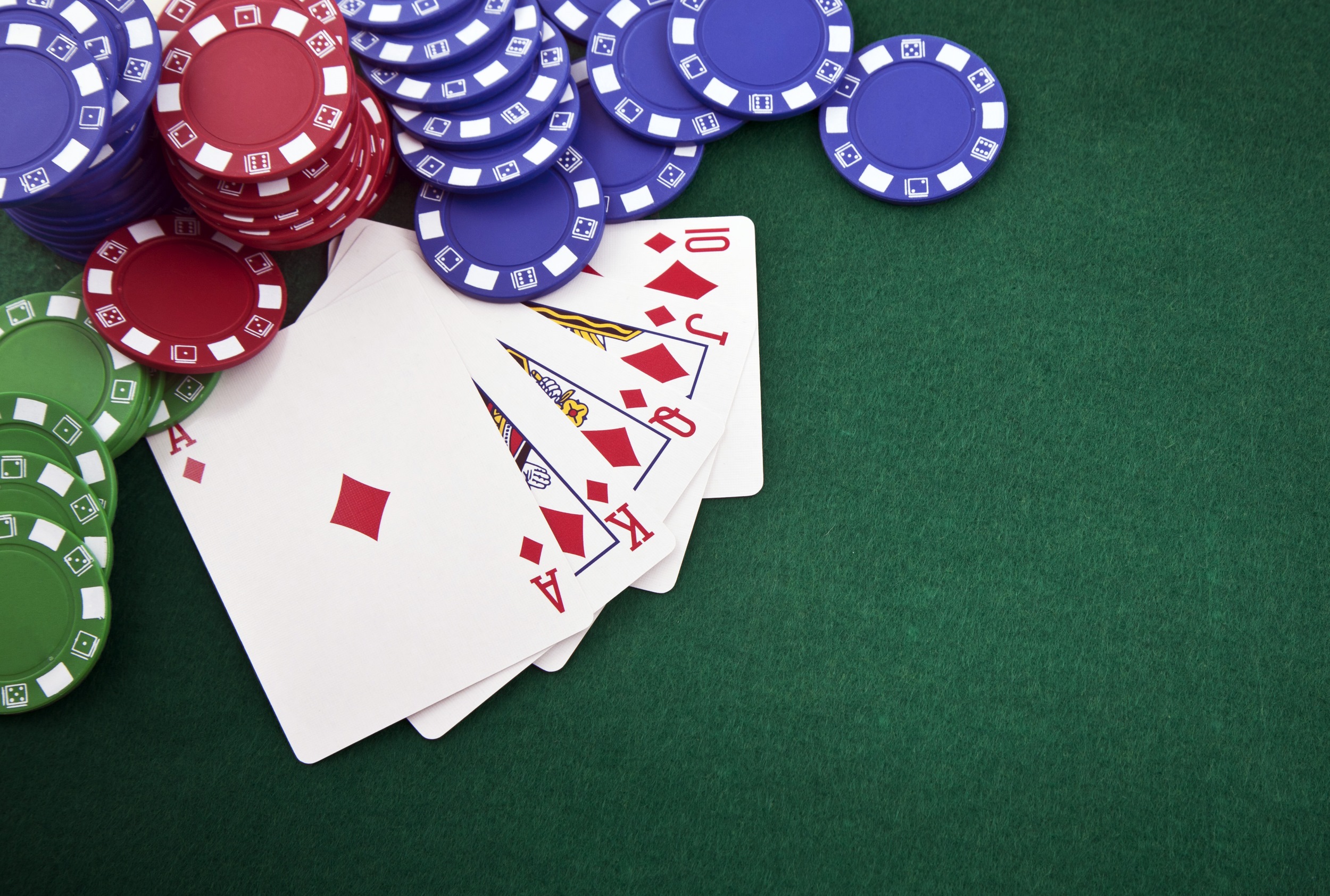By learning to qualify your opponents based on their playing styles, you will be able to select effective counter-strategies that allow you to profit more by exploiting your opponent’s mistakes.
How do you find your style of play?

We can’t give you a definite answer to this question. Much will depend on the personal qualities of the person, his psychological characteristics and the tasks set. But first of all, we can advise a beginner to stick to a conservative style. It will reduce financial losses to a minimum and get rid of difficult decisions during the deal.
Whatever style you choose as your base, it can be switched at any time. This balancing tactic between different styles of play can greatly improve your profits and overall performance. For example, if you have a mixed style of play, you’ll be impossible to read, because your opponents won’t be able to tell which style you’re using at the moment.
If you know how to create and use your image correctly, you can significantly increase your profits.
At the same time, you should take into account the style of play of your opponents when making decisions during the draw. When playing against a tight player, respond with strong hands. When playing against an aggressive player, respond in the same way by making more raises with good hands. If you have a monster in your hand, it’s better to call and let the aggressor bet on all three streets.
Types of players

There are many types of players, but they can all be divided into two categories: successful and unsuccessful. Successful players look not only at what they have in their hands, but also analyze their opponents. But in general poker, all players are divided into these types:
- Maniacs. Raises and bets with almost any hand. These are opponents with whom you will both win and lose big pots. If a maniac is playing at your table, this is a great opportunity to wait for a monster hand and enter the raffle. Give the initiative to the maniac at the beginning of the hand and make a big bet closer to the river, which the maniac will probably call.
- Tight–aggressive players. They are usually the most uncomfortable type of opponent. Such players come into the game only with strong prospective hands and easily fold in situations where they feel someone else’s superiority. This is exactly what you need to take advantage of. You have to crush your taut-aggressive opponents with continuous bets, trying to win the pot without busting on the flop or turn. In a tight style, the player raises a minimum number of hands, favoring only strong and promising combinations.
- Nits. These are the most passive players at your table. They only play premium hands (AA-QQ, AK). If they don’t catch a stronger combination or feel even the slightest danger, they easily fold. Essentially, you can’t earn anything from the nit. So the most important skill against them is to recognize the strength of their combination in time. Your job is not to play against cards, but against your opponent. You simply create the most uncomfortable conditions to continue the game, given that your opponent simply won’t dare to go all the way.
- Sloppers. Players who disguise their strongest hands in an attempt to trap you. They usually play through a check-call that turns into a check-raise. They give you an opportunity to put as much money in the pot as possible by showing off the weakness of your hand. But on the river, the trap snaps shut and they attack, trying to make as much money as they can for themselves.
- The Perfect Player. This opponent easily reads your hands. He knows how and when you bet with strong hands, how you slop monsters, how you try to bluff, and what you’re really afraid of. He won’t give you a dime, because he’s accountable for every action he takes. The ideal player easily adjusts to different types of opponents, easily figuring out a strategy to play depending on the current situation at the table. The actions of such players are not predictable. They can not be attributed to any of the styles, as they deftly switch between them.
In fact, that’s exactly the kind of ideal player you should be. A solid theoretical base, a lot of practice and constant analysis of your own game will allow you to easily navigate in situations against different types of opponents. All this will lead you to great achievements and stable high profits.
